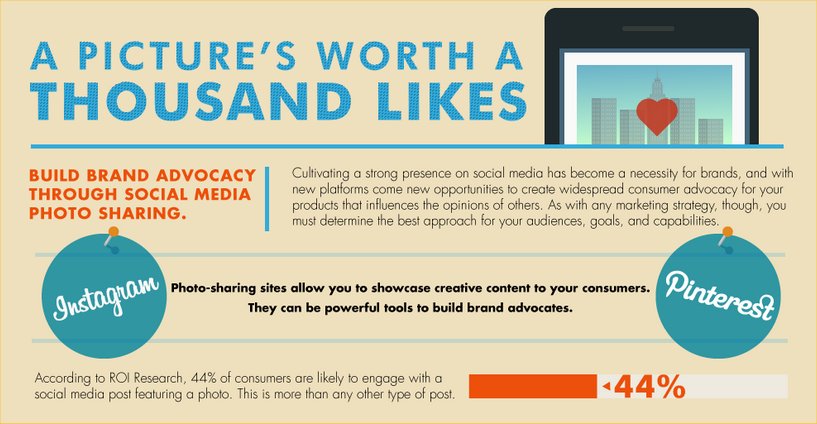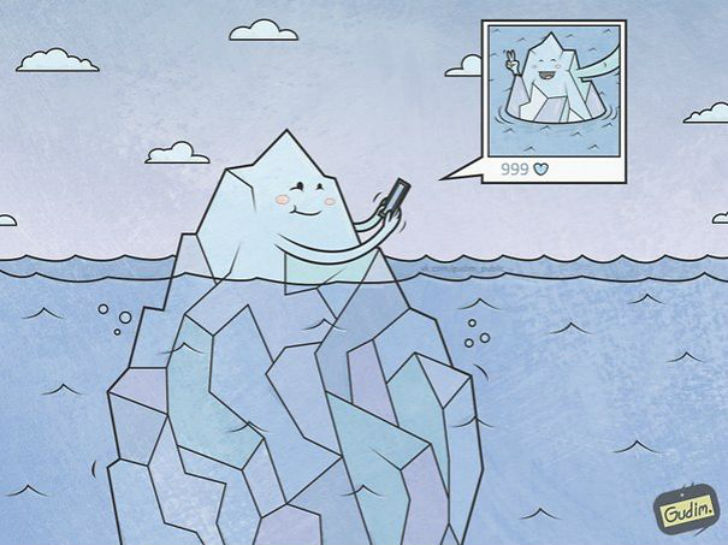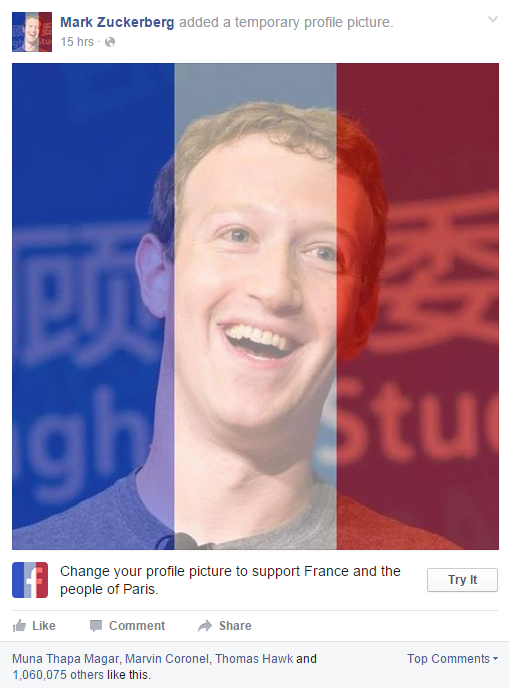
In 2016 we are meeting people long before we do so in person or ever meet them at all. How often did you catch yourself on thinking that you’ve seen that face somewhere or that you met this stranger before? Was it at some friend’s party, bus or elsewhere? Most probably, you previously ‘met’ them on Facebook.
Scrolling down the Facebook timeline, checking out comments and authors of those comments has reached the level of a true addiction only a few do not possess. But is it a waste of time after all? Is learning a few things about people out there so unimportant? And, finally, why is it a lot more fun to ‘discover’ people on Facebook than, say, on the bus? Here are some hints:
- Quick assessment
Facebook gave the proverb “show me your friends and I will tell you who you are” a new meaning. Right after clicking on yet another name in the book of faces, first thing we look at is common friends. This gives an immediate indication of a social bubble and the associated with it major interests of the new unsuspecting acquaintance. Common friends is the best informal reference. Then we quickly proceed to the photos and the wall posts. A few moments later there arrives an impression of grasping a thing or two about that name on Facebook.
No doubt, your Facebook page is the present day’s CV and business card together. For others it serves as one of the key means of our personal and professional evaluation. Keeping that in mind, many excessively invest in their profile, decorating it with meaningful quotes, photos from various life events, achievements and so on, to give a vibrant impression to anyone curious out there. All quick means of personal evaluation are superficial and Facebook is not exception. However, one point is certainly true: Facebook allows a glimpse at our image we ourselves are willing to project. By sharing an article or a photo, we reveal our tastes, interests and matters we give importance to. From this perspective, sharing a photo of your latest nail artwork, or drunk and covered in feathers at a nightclub are not so subtle messages of how you’d like to be perceived by others out there.

- Anonymity
For some of us, other people are a constant source of curiosity, inspiration and ideas. Discovering people for an extravert is as delightful as a solitary walk in the countryside for an introverted nature-lover. Compared to staring at people on the bus or at a supermarket, Facebook has an advantage of anonymity. We can spend as much time as we like checking out the posts and the pictures without the other person realizing it. Moreover, Facebook encourages such curiosity: any information available here is for others to see, so nobody can be accused in stalking.

- Shifting perceptions on human interaction
Not only Facebook allows a glimpse at a stranger’s life, it does affect the way we perceive interactions with others. For better or for worse, it often deprives us surprises when casually meeting a ‘new’ person. Many times, an introduction chat with a new acquaintance can begin with “Ah, yes, we have common friends on Facebook, you’re into climbing, right?”. There is nothing negative or wrong about knowing certain facts about others before actually meeting them, but, on the other hand, that affects the sensation of first impression. The ‘first impression’ now begins from Facebook profile. Deliberate users manifesting their ideas and reporting their every step on Facebook often leave little about them to discover in person.
Facebook motivates actions. New trips are performed, outfits – tried and pictures – taken often for a sole purpose of being uploaded on social media.
Facebook has established a new attention and approval currency – ‘like’. Pictures, ideas and eterprises are now evaluated in number of ‘likes’ which have a value of their own. ‘Likes’ cannot be exchanged for anything else, yet they mean world for many. Not only constant attention seekers are addicted to likes, even humble individuals find a significant number of thumbs-up and shares flattering.
Facebook customises emotions. Profile templates are supplied in a blink of an eye. Be it a same sex marriage law finally approved or the latest Paris terrorist attack, Facebook makes expression of solidarity easier than changing clothes. How significant this solidarity is still remains a question mark, however, everyone has an equal opportunity to seem aware and involved.

4. Attention to individuals
The coolest thing about Facebook is that it puts individuals under the spotlight. It splits a faceless crowd into singular names and faces, giving them all an equal value and an equal opportunity to speak for themselves. Even groups on Facebook are formed by not anonymous individuals whose thoughts and feelings, to a certain degree, are accessible to public. Behind every name on Facebook is a life that cannot be neglected. Groups in this virtual space might have not so virtual power because their members can indentify like-minders and their strength in numbers. Sure, social networks are not short of fake profiles and trolls but, hey, even the Sun has spots.
Although social networks have become engraved into our daily routine, the most important point to remember is that WE ARE MORE THAN FACEBOOK PROFILES. No matter how cool and convenient it is to communicate and to be ‘liked’ in virtual spaces, it does not compensate the warmth of real-life interaction.
